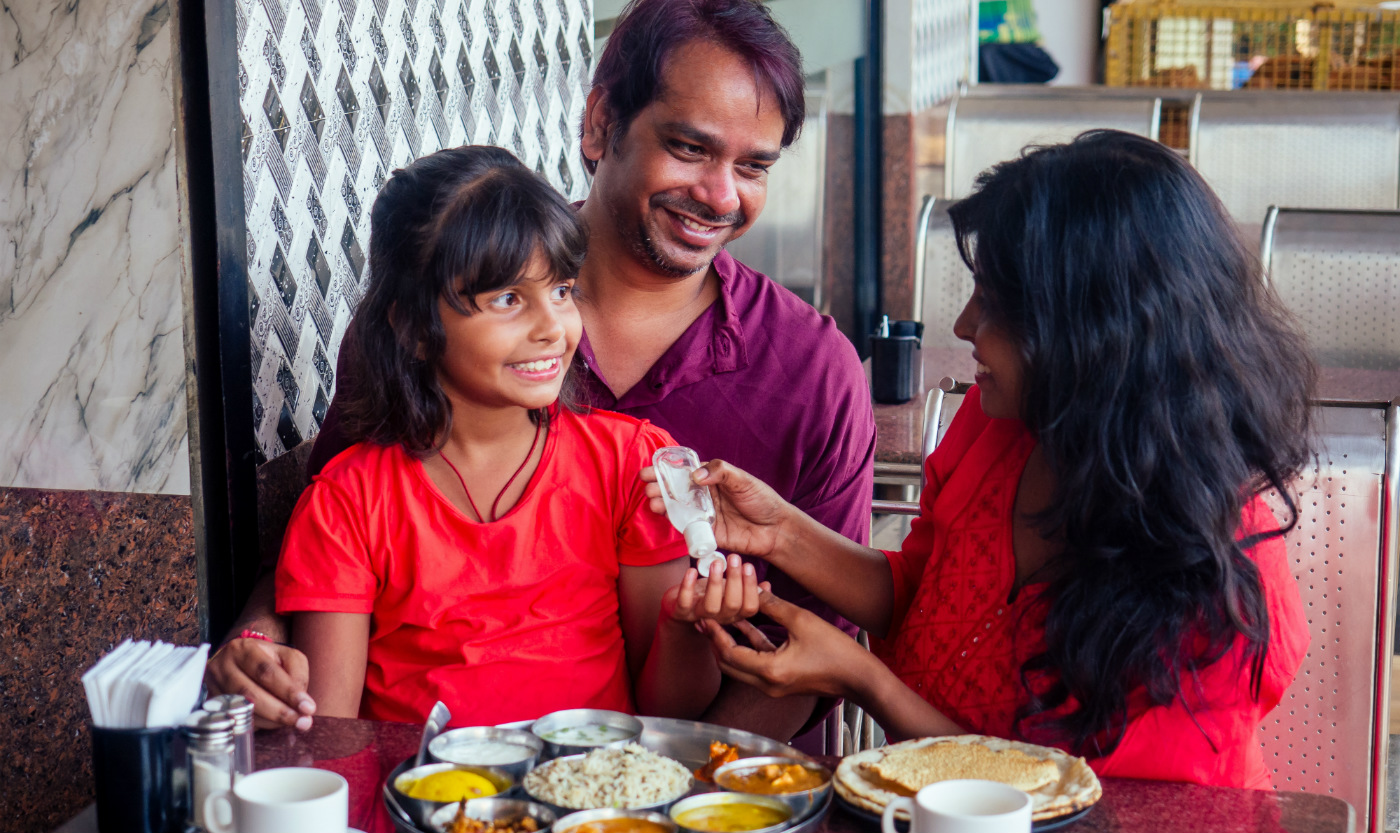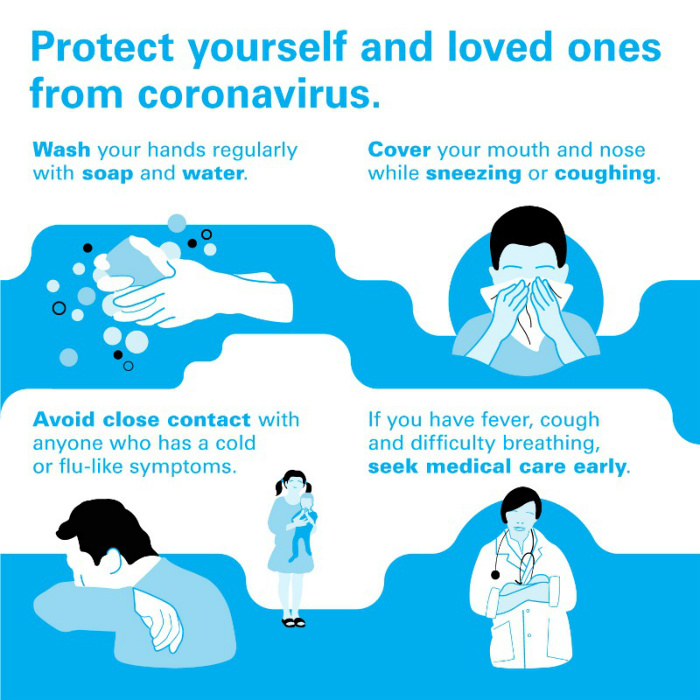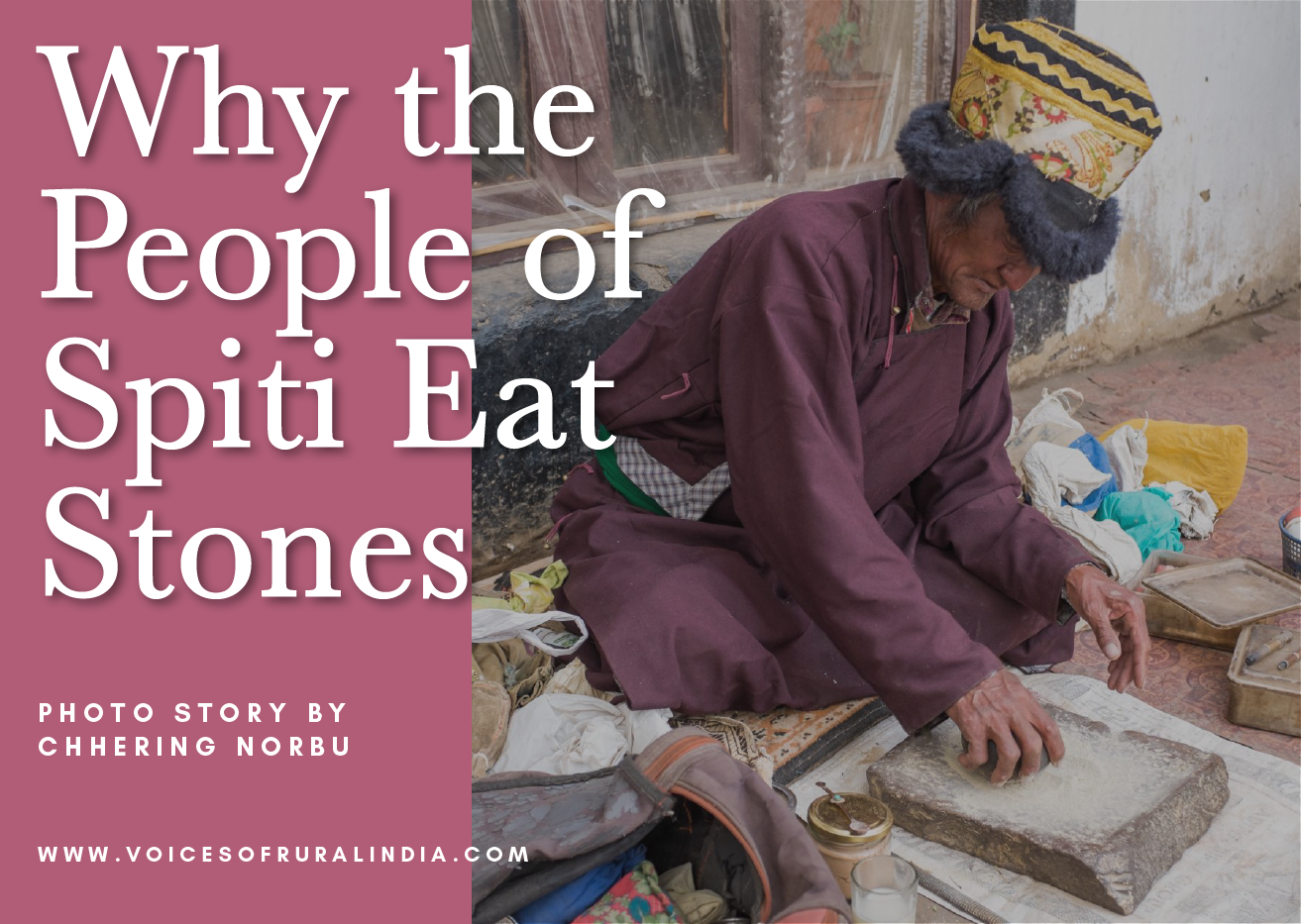
It is possible to travel and enjoy a holiday despite the COVID-19 outbreak if you take the right precautions.
(Update: Considering the change in situation on the ground and the measures being taken by the authorities, all travel plans should be cancelled and everyone needs to self-isolate)
March 02, 2020 The spread of the novel Coronavirus or COVID-19 is keeping many of us on edge. With quarantines, closing of airports, cancellation of flights and other such emergency measures being imposed in many parts of the world, the virus is affecting almost everyone even if indirectly. The tourism industry has been severely impacted with many cancelling travel and holiday plans. However, it looks like this outbreak will take a while to clear and the question is do we not travel at all until the highly contagious disease clears up completely everywhere?
At the moment India has not reported many cases COVID-19 infections. Those who have tested positive have had a history of travel to affected countries. So, there is no need to panic. However, while planning a trip do keep the following points in mind:
For international travel
1. Do keep track of the news and check which countries have been affected by the infection. Many popular destinations like Italy have reported a surge in novel coronavirus cases. Most of us like to plan a trip months in advance, especially if we are travelling abroad. That might not be a good idea for now, as we do not know how this disease will pan out in the months to come. That said if you are able to make bookings that can be cancelled without much charges go ahead.
2. If you do intend to travel then avoid areas that have seen outbreaks of the virus. This is not just being responsible about your own health but also being responsible for the health of the larger community. Also, do check the travel advisory issued by India’s Union Ministry of Health & Family Welfare. For instance, Indians returning from China will be automatically quarantined (as of March 2, 2020). Also, check the travel advice issued by WHO.
3. It is a good idea to get a third-party insurance that covers cancellations for any reason. If you haven’t opted for this, do check what the policy of the tour operator or hotel is in case you have to cancel due to the spread of the disease.
Personal care, health and social measures
1. Follow the basic personal care and hygiene measures that government bodies and international organisations, like WHO, have issued. These include washing hands regularly with soap or an alcohol-based disinfectant, maintaining minimum 1-metre distance from someone sneezing or coughing, avoiding touching the face and covering nose and mouth if you are sneezing or coughing.

(Source: UNICEF)
2. If you have travelled within the last 28 days (the Indian Government has kept the limit at 28 days) to a location where the virus is now spreading and you are feeling even slightly sick, follow self-isolation measures so you are not spreading the disease in case you have contracted it. In case you develop more obvious symptoms like fever or cough, get in touch with the helpline set up for this: 011-23978046. Of course, call in only if you meet the criteria.
Read the advisory put out by WHO to learn more on the steps you can take to protect yourself, your loved ones and the larger community: https://www.who.int/emergencies/diseases/novel-coronavirus-2019/advice-for-public
Responsible Travel in India
What about travel within the country? At the moment travel within the country is unhindered. That said, the reality of large crowds and confined spaces in transport hubs like airports and railway stations can cause concern. What if someone from an area that is seeing large number of COVID-19 cases is travelling at the same time as you?
The fact is stepping out of the house at any time is a risk. There are thousands of infections that each of us can catch just by being out and about. Just speak to the parent of any school-going child! However, there is good reason why such outbreaks cause concern. So, make your travel decisions wisely. If you have young children or elderly parents in your travel group, it might be better to put off the trip.
But, this does not mean not going on a holiday for the foreseeable future.
Here are a few suggestions for holidaying responsibly:
1. Holidaying close to home is very much a part of responsible travel. This ensures a lower carbon footprint in regular times. During an outbreak like now, it makes even more sense to travel to a destination close to home. Go on that staycation or book that homestay on the outskirts of the city you live in that you have wanted to check out forever.
2. What about group tours? There are a number of operators who offer small group tours to off-the-beaten path destinations. Why not opt for that? You could check with the travel operator on precautionary measures they are taking.
3. Follow all the personal care and hygiene methods to ensure you are protecting yourself and also the local community you are visiting.
4. Avoid handling raw meat or areas that have animal slaughter—this is part of the travel advisory of the government. Eat only well-cooked meat dishes.
5. If fellow travellers or other guests are coughing and sneezing, maintain physical distance. But there is no real need to panic as many of us sneeze and cough even otherwise!
Tips for Responsible Tourism practitioners:
1. Check with those booking your stay or your tour on their travel history and share an advisory on what is to be done if they are sick. This is something that can affect your trip at regular times too. Follow the process you would if you find a tour participant or guest is unwell and has a contagious disease.
2. Do plan on what to do if you have guests cancelling due to the virus. Say, a person has paid for his stay but is from an area that is witnessing a major outbreak and has to cancel, do you refund the entire amount or reschedule? Get these protocols in place.
3. Educate the local community and those who interact with guests on the precautions to be taken, like washing of hands regularly.
4. Print some advisory images and place them prominently in your homestay.
5. Make soaps or hand sanitizers available in multiple spots, so guests can wash their hands regularly. On tours, ensure the availability of alcohol-based disinfectants.
6. Ensure high hygiene when handling fresh meat or livestock, even more so than normal in the kitchen. The government has issued an advisory to avoid travel to farms, live animal markets and areas where animals are slaughtered. Keep this in mind when curating experiences.
Most importantly, do not panic or cause the spread of panic. Remember that our world is filled with many disease-causing bacteria and virus and we still travel and live our lives. The risk is definitely higher with this outbreak, but following the advice of the government and health authorities and following the basic and well-tested hygiene practices should ensure a happy and responsible holiday.







